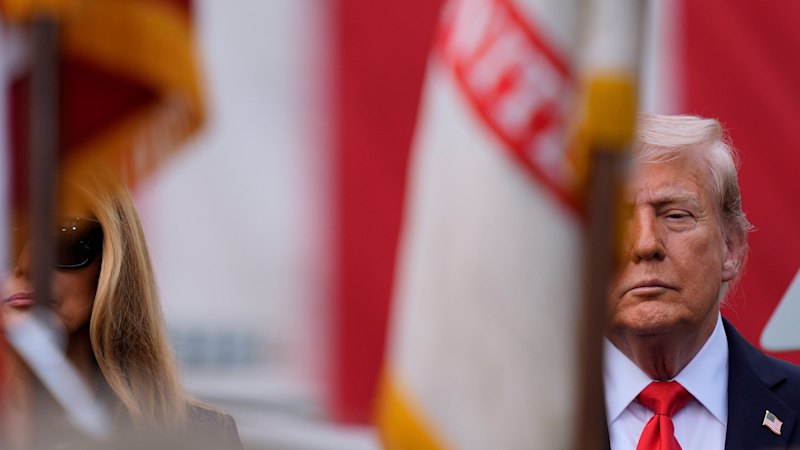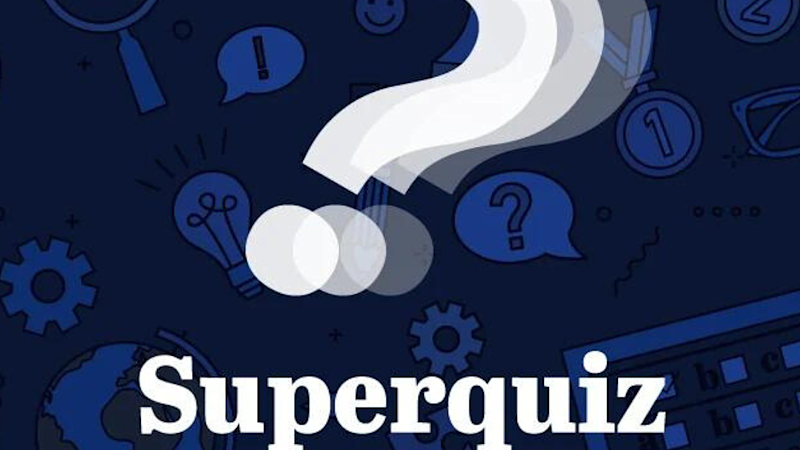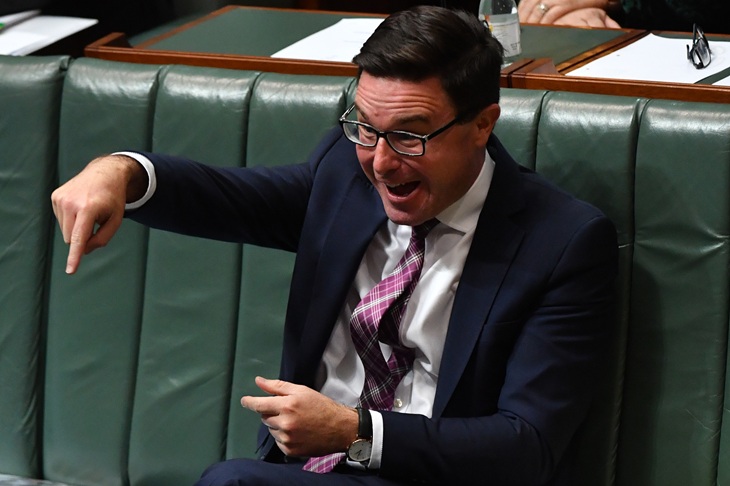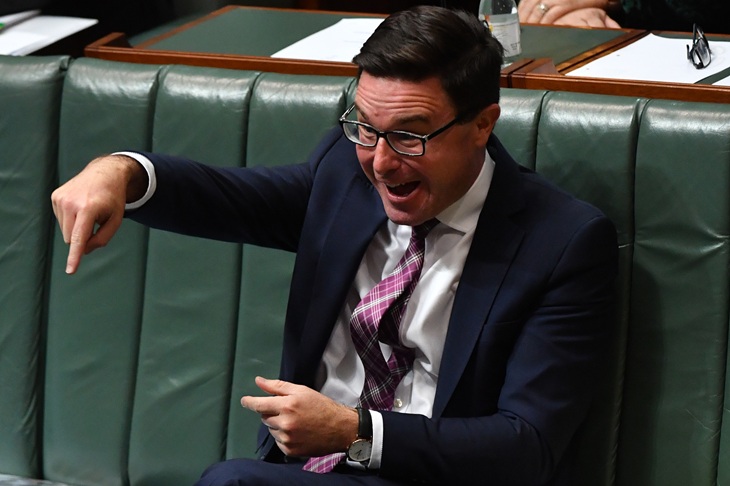
The assassination of Charlie Kirk, a prominent conservative political activist, during a public event at Utah Valley University on January 3, 2024, has sent shockwaves through the United States. Kirk, aged 31, was leading one of his signature debates when gunfire erupted, resulting in his death and raising urgent concerns about political violence in the country.
In a video address posted to Truth Social, former President Donald Trump responded to the tragedy by asserting that the nation must confront the consequences of “demonising those with whom you disagree.” While his initial remarks appeared to call for unity in the face of violence, Trump quickly shifted focus, blaming the “radical left” for the murder and other violent incidents involving Republicans, such as the attack on Congressman Steve Scalise in 2017. He vowed to hold accountable those responsible for Kirk’s death and the groups that purportedly support such violence.
Political analysts have voiced mixed reactions to Trump’s statements. Sean Westwood, a leading researcher at Dartmouth College, acknowledged the president’s valid point about incendiary rhetoric but urged him to reflect on his own communication style. Westwood noted that while fewer than 2% of Americans endorse violence for political reasons, a significant portion harbours fears about their political opponents, fueled by escalating conflict within political discourse.
As investigations continue, reports suggest that the weapon used in Kirk’s assassination bore engravings associated with antifascist and transgender ideology. This has led to speculation regarding the motives behind the attack. Kirk was a close ally of Trump, instrumental in energising young voters during the 2024 election campaign, contributing to a notable increase in support among youth demographics.
Kirk founded Turning Point USA in 2012, aiming to challenge liberal ideologies on college campuses. His efforts included initiatives like “You’re Being Brainwashed” and “Chase the Vote,” which sought to engage and mobilise young conservatives. His events often sparked controversy, with supporters praising his ability to foster debate while critics accused him of provocation.
On the day of his death, Kirk was engaged in a debate on campus that exemplified his confrontational style. The shooting, which occurred in front of a crowd of approximately 3,000, has been described as a grim chapter in the ongoing saga of political violence in the United States.
Historically, political violence has escalated in recent years. The 2021 Capitol riot, assassination attempts on Trump, and multiple violent incidents involving politicians have raised alarms about the state of American democracy. Kurt Braddock, an associate professor at American University, linked social media’s role in amplifying extreme views to the rise in such incidents. He noted that while most Americans do not condone violence, a growing number seem to view it as an acceptable response to political disagreements.
In the wake of Kirk’s death, Westwood expressed concern about the potential for a worsening atmosphere of hostility. He highlighted the emotional underpinnings of political animosity, suggesting that it goes beyond mere policy differences. “It’s not conflicting ideas. It’s emotional and guttural,” he said, indicating a deep-seated fear and dislike of opposing parties.
The cultural implications of Kirk’s assassination extend to the broader political landscape. With rising tensions and calls for retribution from various factions, the potential for further violence remains a pressing concern. As the nation grapples with the aftermath, analysts stress the importance of responsible rhetoric from political leaders to foster a more constructive discourse.
In a landscape where political violence has tragically become more common, the assassination of Charlie Kirk serves as a stark reminder of the urgent need for dialogue that transcends division. The future of political engagement in the United States hangs in a delicate balance, as the country must confront the consequences of its rhetoric and actions.







